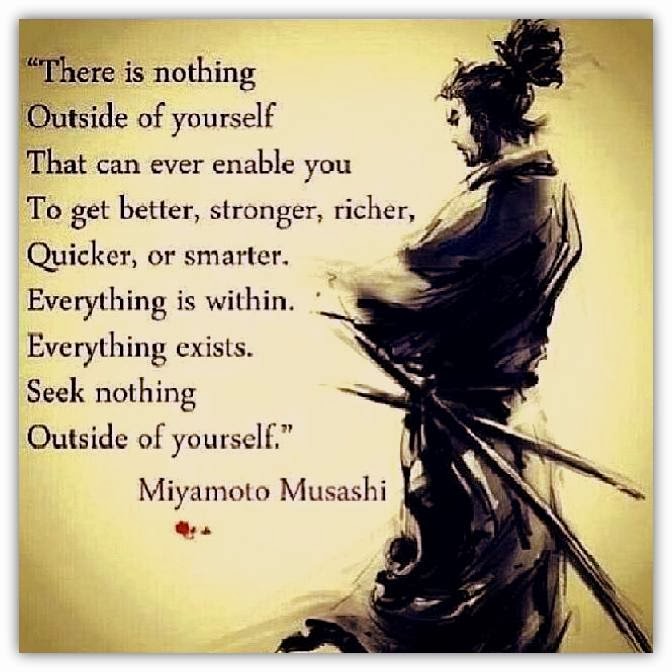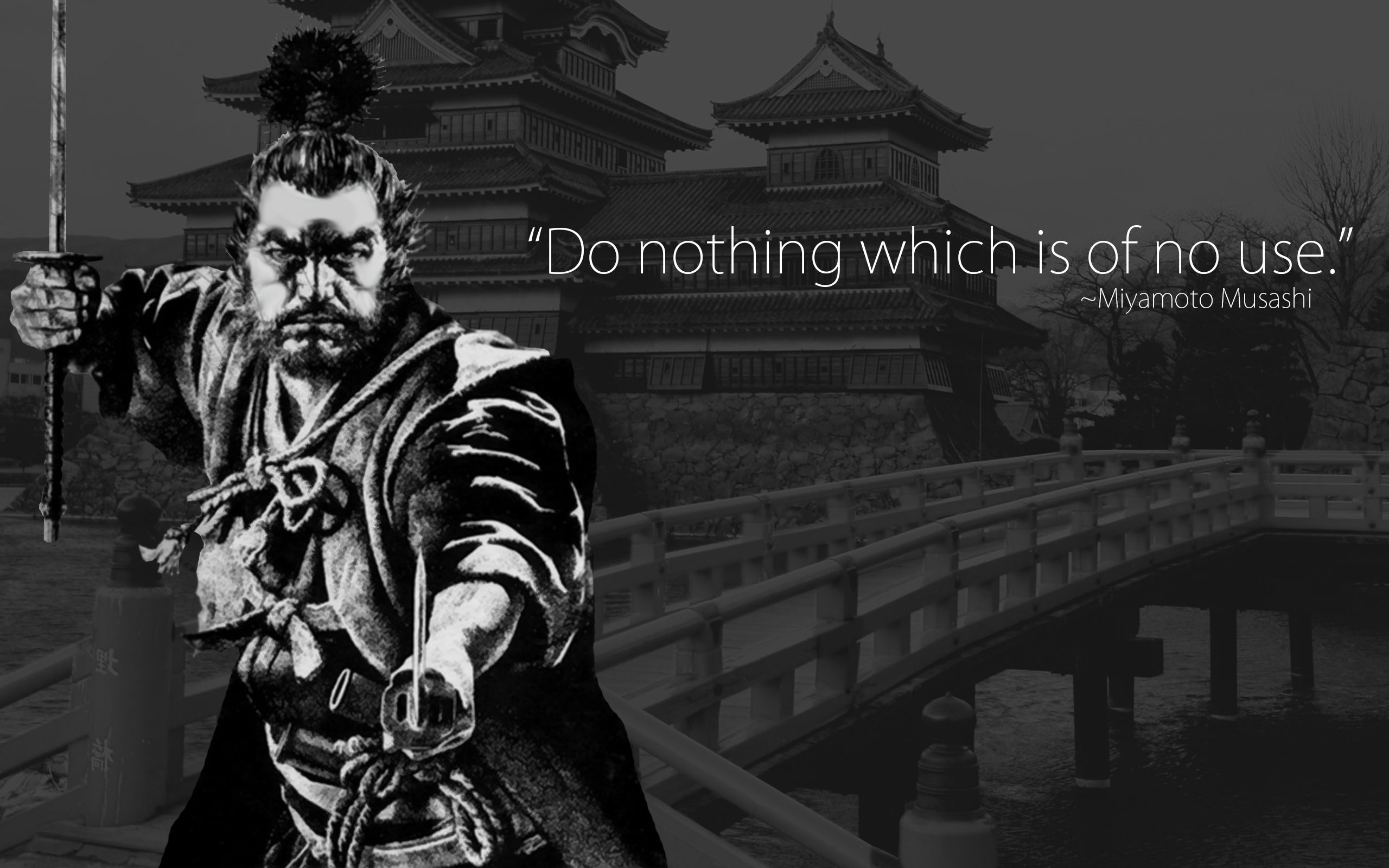Miyamoto Musashi, a name synonymous with martial arts mastery and strategy, is one of the most revered figures in Japanese history. His life and teachings continue to inspire countless individuals around the world. Understanding when Miyamoto Musashi was born and the circumstances of his early life provides valuable context for appreciating his achievements as a swordsman and philosopher.
Musashi’s life has been immortalized through countless books, movies, and even video games, making him a cultural icon. Yet, many people still wonder, "When was Miyamoto Musashi born?" This question leads us to explore not only his birth but also the historical period in which he lived, shaping his destiny as a legendary samurai.
This article delves into the details of Musashi’s life, starting with his birth, his upbringing, and the pivotal events that transformed him into one of history's most celebrated warriors. By understanding his origins, we can better appreciate the principles and philosophies he espoused during his lifetime.
Read also:Gigi Mcguire The Rising Star In The World Of Sports Journalism
Table of Contents
- Biography of Miyamoto Musashi
- When Was Miyamoto Musashi Born?
- Early Life and Upbringing
- Musashi's Samurai Heritage
- Famous Duels and Battles
- Musashi's Philosophy and Teachings
- Niten Ichi Ryu: Musashi's Swordsmanship Style
- Musashi's Legacy in Modern Times
- Cultural Influence of Miyamoto Musashi
- Conclusion and Call to Action
Biography of Miyamoto Musashi
Who Was Miyamoto Musashi?
Miyamoto Musashi, born Shinmen Takezō, was a renowned samurai, philosopher, and artist during Japan's Sengoku period. Known for his unparalleled skill in swordsmanship, Musashi authored Go Rin no Sho (The Book of Five Rings), a classic treatise on strategy and martial arts.
Below is a table summarizing key biographical details:
| Full Name | Miyamoto Musashi (originally Shinmen Takezō) |
|---|---|
| Birth Date | April 13, 1584 |
| Birthplace | Mimase, Mimasaka Province, Japan |
| Death Date | June 13, 1645 |
| Notable Achievements | Author of Go Rin no Sho, undefeated in over 60 duels |
When Was Miyamoto Musashi Born?
Miyamoto Musashi was born on April 13, 1584, in Mimase, a small village located in the Mimasaka Province of Japan. This date marks the beginning of an extraordinary life dedicated to martial arts, philosophy, and artistic expression.
Historical records indicate that Musashi was born into a family with samurai heritage. His father, Shinmen Munisai, was a skilled martial artist and served as a vassal to the Shinmen clan. The era in which Musashi was born was marked by political instability and frequent warfare, providing the backdrop for his eventual rise as a legendary warrior.
Early Life and Upbringing
Musashi's early years were shaped by the traditions and discipline of samurai life. Under the tutelage of his father, he learned the fundamentals of swordsmanship and martial arts from a young age. By the time he was thirteen, Musashi had already participated in his first duel, emerging victorious against an older opponent.
Key highlights of his early life include:
Read also:Modrics Family Wounds Exploring The Trials And Triumphs
- Training under his father, Shinmen Munisai.
- Fighting his first duel at the age of thirteen.
- Leaving home to travel and hone his skills as a wandering swordsman.
Musashi's Samurai Heritage
The Shinmen Clan and Its Influence
Musashi's lineage can be traced back to the Shinmen clan, a prominent family in the Mimasaka Province. The Shinmen clan was known for its martial prowess, and Musashi inherited this legacy, dedicating his life to mastering the art of swordsmanship.
Samurai during this period were expected to embody bushido, the code of conduct emphasizing honor, loyalty, and martial skill. Musashi's upbringing instilled these values, which would later influence his philosophy and approach to combat.
Famous Duels and Battles
Miyamoto Musashi is best known for his undefeated record in over 60 duels. Some of his most famous encounters include:
- Duel with Sasaki Kojirō: One of the most legendary duels in Japanese history, where Musashi defeated Sasaki Kojirō using a bokken (wooden sword).
- Battle of Sekigahara: Musashi fought on the losing side of this pivotal battle, which marked the beginning of the Tokugawa shogunate.
Musashi's Philosophy and Teachings
Key Principles of Musashi's Philosophy
Musashi's philosophy emphasized the importance of discipline, strategy, and adaptability. In Go Rin no Sho, he outlined five "books" representing different aspects of martial arts and strategy:
- The Book of Earth: Focuses on the fundamentals of strategy.
- The Book of Water: Represents fluidity and adaptability in combat.
- The Book of Fire: Deals with tactics and the heat of battle.
- The Book of Wind: Compares Musashi's style to those of other schools.
- The Book of Void: Explores the concept of emptiness and transcending conventional thinking.
Niten Ichi Ryu: Musashi's Swordsmanship Style
Musashi is credited with developing Niten Ichi Ryu, a unique style of swordsmanship that involves wielding two swords simultaneously. This innovative approach allowed him to overwhelm opponents with superior technique and strategy.
Niten Ichi Ryu remains a respected martial arts tradition today, practiced by enthusiasts around the world.
Musashi's Legacy in Modern Times
Miyamoto Musashi's influence extends far beyond the battlefield. His teachings continue to inspire martial artists, strategists, and individuals seeking personal growth. Modern interpretations of his philosophy can be found in various fields, including business, sports, and the arts.
Cultural Influence of Miyamoto Musashi
Musashi in Literature and Media
Musashi's life and exploits have been immortalized in countless works of literature, film, and television. Eiji Yoshikawa's novel Musashi is one of the most famous adaptations, bringing Musashi's story to a global audience. Additionally, Musashi has appeared in numerous video games, further cementing his status as a cultural icon.
Conclusion and Call to Action
In conclusion, understanding when Miyamoto Musashi was born and the events that shaped his life provides valuable insight into the life of one of history's greatest warriors. From his early years as a samurai to his undefeated record in duels, Musashi's legacy continues to inspire generations.
We invite you to share your thoughts and reflections on Musashi's life and teachings in the comments section below. Additionally, explore other articles on our site to deepen your knowledge of Japanese history and culture. Together, let's celebrate the enduring legacy of Miyamoto Musashi!
References:
- Yoshikawa, Eiji. Musashi. Kodansha International, 1996.
- Miyamoto, Musashi. The Book of Five Rings. Translated by Thomas Cleary, Shambhala Publications, 1993.


